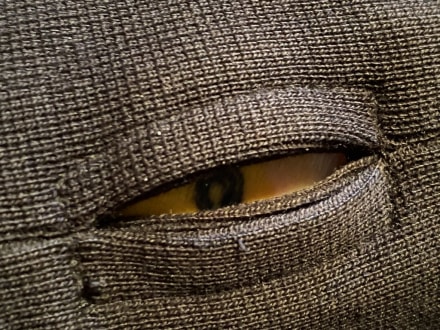PROBLEM: We know that domestic violence rates spike during Christmas and New Year’s. Following the 2006 World Cup (in which Italy defeated France in a shootout), the UK’s Home Office released a report claiming that domestic violence had risen during the tournament. Are sporting events really as emotionally fraught as the holidays?
METHODOLOGY: Professor Allan Brimicombe and BBC News journalist Rebecca Café applied more vigorous analysis to the Home Office’s theory. Invoking England’s Freedom of Information Act, they obtained statistics from police reports from the 2010 World Cup and the analogous, football-free period in 2009. In addition to studying the overall rate of domestic violence, they looked specifically at the outcomes of the tournament games, predicting that losses would spur more domestic disputes, while wins might be associated with joy, conviviality, and, consequently, fewer incidences of violence.
RESULTS: When England lost 4-1 to Germany, its heaviest defeat at the World Cup finals
, domestic violence rose by 31.5 percent. But a few days earlier, when hope for the championship was still alive and England defeated Slovenia, domestic violence also rose, by a similar 27.7 percent.
Interestingly, when England tied Slovenia, incidences of violence only increased by 0.1 percent, and when its match against the US ended in a draw, the domestic violence rate actually dropped by 1.9 percent.
CONCLUSION: Both dramatic wins and devastating losses during the World Cup were associated with significantly increased domestic violence in England, while ties didn’t appear to have any effect — via redwolf.newsvine.com















 RSS – Posts
RSS – Posts